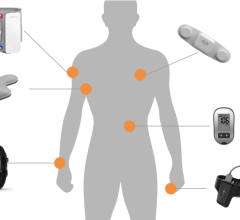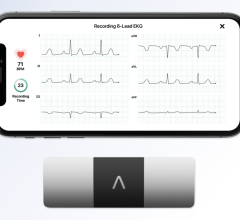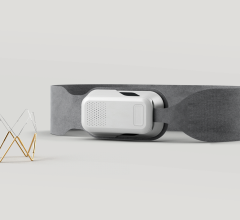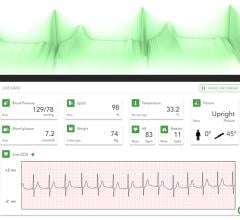April 6, 2011 – During the American College of Cardiology’s (ACC) 60th Annual Scientific Session and Expo in New Orleans, Royal Philips Electronics demonstrated how personalized patient management from hospital to home can help reduce hospital readmission rates for patients with cardiac conditions. Philips and its partners, including the ACC, jointly showcased the Hospital to Home (H2H) Interactive Learning Destination.
The demonstration illustrated how cardiologists, home health providers and other health care teams can work together with the patient during the critical transition from the inpatient to outpatient setting with the goal of avoiding unplanned hospital readmission.
“Patients leaving the hospital do not want to return anytime soon, yet many find themselves back in the hospital within 30 days,” said Henry A. Solomon, M.D., chief medical officer at the ACC. “It has been shown that better patient outcomes are a result of not only the care received while in the hospital, but also the care at home. The ACC recently conducted an online survey of its members and ACC.11 attendees and found that the majority of cardiologists believe there should be an increased focus on reducing hospital readmissions, and that attention should be directed to the hospital as well as the ambulatory and home settings. There seems to be consensus that more work needs to be done both inside and outside the hospital to reduce readmissions.”
Viewing a patient’s journey from the hospital to the home will enable clinicians and caregivers throughout the continuum of care to better manage pre- and post-discharge treatment. Today, a gap in information exchange and the relationship between inpatient and outpatient providers makes it difficult to deliver high quality, patient-centered and coordinated care. Collaboration, communication and advanced technologies are essential to proper disease management and reduced hospital readmissions.
“Together with the ACC, we are highlighting how currently available technology in hospital and home healthcare solutions can help hospitals reduce cardiovascular-related hospital readmissions,” said Philips Healthcare CEO Steve Rusckowski. “Innovations in clinical informatics and home healthcare solutions can improve the transition from inpatient to outpatient status for individuals hospitalized with cardiovascular disease by providing critical support throughout the patient’s journey – whether by providing clinical decision support to clinicians, better education and information to patients, or ongoing surveillance of chronic illness in the home.”
Readmission management is gaining importance not only because it benefits patients’ health and wellbeing, but also because it has significant financial repercussions on healthcare systems. A 2009 study in the New England Journal of Medicine analyzed patterns of rehospitalization of Medicare beneficiaries in the United States over a two year period and found that almost one-fifth of those who had been discharged were rehospitalized within 30 days. The study’s authors estimated that the cost to Medicare of unplanned rehospitalizations in just one of those years was $17.4 billion. As a part of healthcare reform in the United States, Medicare is addressing this problem by enacting financial penalties on hospitals with higher than expected readmissions within 30 days for heart failure, heart attack or pneumonia.
At ACC.11, Philips featured an interactive and educational showcase of three cardiac patients’ journeys. Each patient has had a different cardiac disease or event, with different experiences with respect to diagnosis, treatment and monitoring in the hospital, as well as a unique discharge plan and options for post-discharge care and monitoring for comorbidities, such as sleep apnea or heart arrhythmia. Within the exhibit, attendees will walk through simulated hospital and home environments, which will include hands-on demonstrations and patient testimonials. These demonstrations will show best practices for reducing hospital readmissions and improving patient quality of life post-discharge. The adjoining H2H theater will feature clinically-based presentations from leaders in the field, as well as discussions with physicians and health care providers who currently utilize hospital and home-based services.
For more information: www.philips.com


 September 16, 2025
September 16, 2025 









